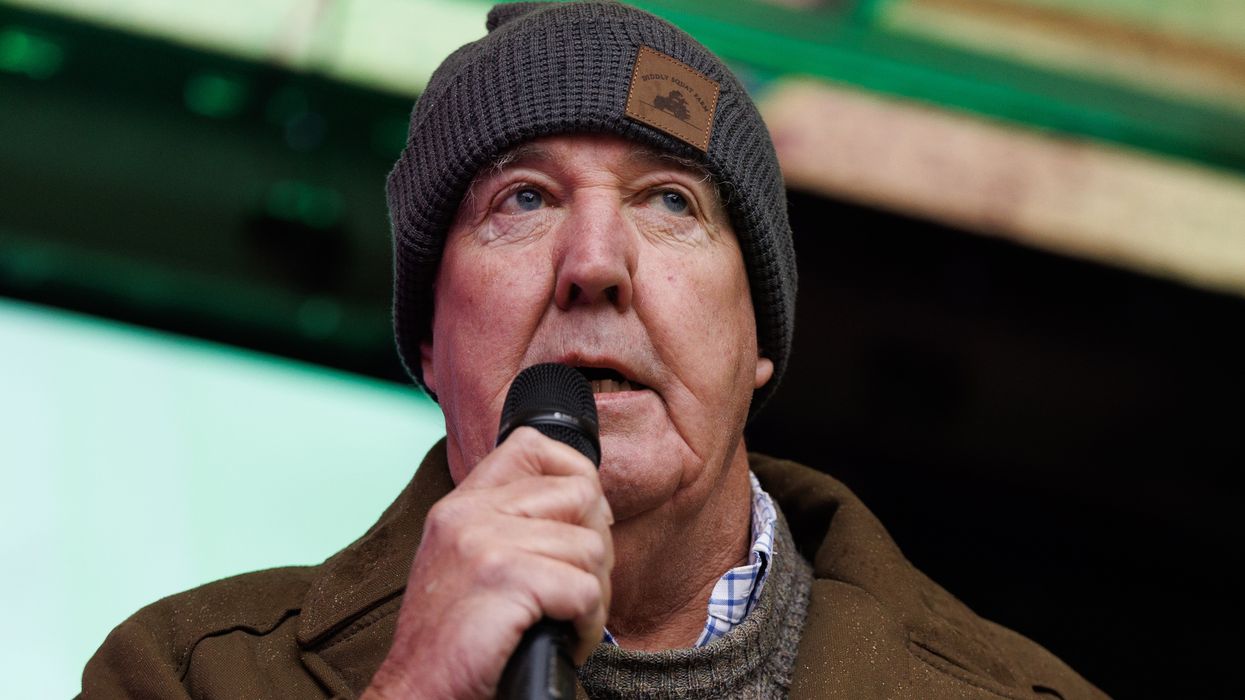A Hawkstone Lager recall has been issued after two products were found to contain undeclared wheat, posing a health risk to people with gluten intolerance or coeliac disease.
The Food Standards Agency (FSA) announced the recall, which affects products made by The Cotswold Brewing Company. The brewery uses barley sourced from Jeremy Clarkson’s Diddly Squat Farm in Oxfordshire.
The recall covers all batch codes of the 440ml Hawkstone Black cans and the 330ml Hawkstone Spa Lager bottles. Both products have been sold via Waitrose and the brewery’s own website.
In its statement, the FSA said:
"The Cotswold Brewing Company Limited is recalling Hawkstone Black and Hawkstone Spa Lager because they contain undeclared wheat (gluten) which is not mentioned on the label. This means the product is a possible health risk for anyone with an allergy or intolerance to wheat or gluten, or with coeliac disease."
Customers who have bought the affected products are advised not to drink them if they have a gluten allergy or intolerance. Instead, they should return the items to the retailer for a full refund.
A spokesperson for Hawkstone said:
"We have issued an allergen alert for Hawkstone Spa Lager and Hawkstone Black as they contain wheat, which is not currently listed on the product label. All customers who have purchased these items have been notified that they can return them for a full refund. Both Hawkstone Spa Lager and Hawkstone Black remain fit for consumption for those who do not have a wheat allergy. We apologise for any inconvenience caused."
The Hawkstone Lager recall comes as a setback for Jeremy Clarkson’s brewery venture, which has built a strong following since launching in 2021. Clarkson’s beer and cider range uses ingredients from his farm and is marketed as a premium British product.
Beyond Hawkstone, Clarkson opened a pub named The Farmer’s Dog in Asthall, near Burford in Oxfordshire, in August 2024. Despite the launch, Clarkson later admitted he had invested more than £1 million into the venture and feared he would not recover the costs.
Speaking in October 2024, Clarkson said:
"Welcome to The Farmer’s Dog, it’s a pub I’ve had for about six months now, and I’ve worked out it is a brilliant way of turning £100 into about £94 using nothing but costings. The only thing that is saving me from financial ruin is the fact that we serve Hawkstone lager."
In response to the challenges faced by pub owners, Clarkson launched an initiative offering 1,000 free kegs of Hawkstone beer. Through a post on Hawkstone’s Instagram account, he invited pub owners to contact the brewery:
"If you’ve got a pub and you want to see if this strategy works for you as well, get in touch with us at our website. If we like the sound of your pub — if it is the kind of place we want to be in — we’ll send you a free keg. 88 pints of Hawkstone lager or cider for nothing."
The Hawkstone Lager recall highlights the importance of accurate allergen labelling in the food and drinks sector. The FSA urges all customers with a gluten intolerance or allergy to check their purchases carefully and return any affected Hawkstone Black or Hawkstone Spa Lager products for a full refund.





